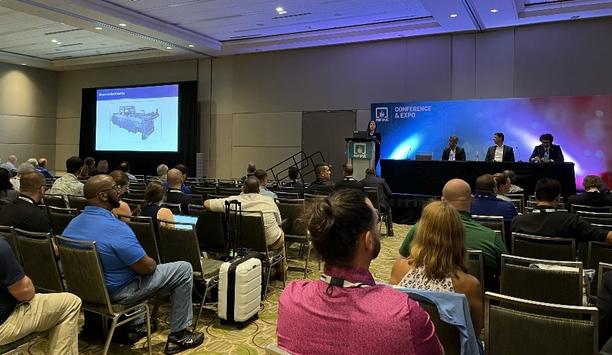The COVID-19 pandemic presents new economic challenges to county and municipal governments. Fire departments are likely to be impacted as local governments respond to the economic downturn with spending freezes, hiring freezes and spending cuts. Some local governments are hoping for help from the state and/or federal level.
Although some governments have “rainy day funds” to address economic downturns, not all of them do. Furthermore, the extent of the current economic crisis may exceed our worst fears. Proposed budget cuts for some fire and EMS departments are in the 10% to 25% range. As the new fiscal year begins in July, many local governments will need to approve a spending plan for next year by June 30.
public safety agencies
Although public safety agencies have historically been protected by local governments during economic downturns, the severity of the current downturn may change the approach. Lower sales tax collection is expected to be a major impact, although actual information on revenue levels can lag for three months because state governments collect the taxes and then return a share to cities and counties.
The Southern California city is like many others around the United States that rely on sales tax and hotel taxes
For many, the numbers for April will be available in July. For example, Hemet, California, estimates it has lost 34% of its sales tax revenue during the COVID-19 pandemic because consumer spending is down, and many businesses are closed to the public. Loss of hotel taxes is another hardship. The Southern California city is like many others around the United States that rely on sales tax and hotel taxes.
replacing ageing fire engines
The League of California Cities says COVID-19 will rob the state’s 482 cities and towns of about $6.7 billion in revenue over the next two fiscal years. Michael Pagano, Director of the Government Finance Research Center at the University of Illinois at Chicago, says that municipalities that depend on sales tax revenue are being hit hard and quickly. In contrast, those that rely on property taxes will not feel an immediate impact, he says.
The fire service in Hemet is being affected. Last year, the city paid $1 million in overtime. Belt-tightening will eliminate such expenditures this year. The city will also likely delay filling some open positions and will replace only one aging fire engine rather than two. They will be buying less safety and radio gear. Victoria, Texas, is another city among the many feeling the impact of lost sales tax revenue.
fire fighter unions
“It’s not an option for people to not get their trash picked up,” Victoria City Manager Jesus Garza told the Victoria Advocate. “It’s not an option for our police and firefighters to not work." With no definite end in sight, there are no easy solutions. Some scenarios, such as a salary freeze, would impact members of fire fighter unions. The president of the Baltimore’s International Association of Fire Fighters Local 734 says such discussions are premature.
We know that the city has to balance their budget by July and that everyone is being hit hard by this global pandemic"
“We know that the city has to balance their budget by July and that everyone is being hit hard by this global pandemic,” Richard Altieri II, president of the local fire fighters union, told the Baltimore Sun. “But to suggest this sacrifice of our members, who are on the front lines every day, is unacceptable and disheartening.” Baltimore has considered about $11 million in total reductions that may affect first responders.
Coronavirus Relief Package
California Gov. Gavin Newsom has warned that layoffs for police and firefighters could happen unless Washington provides financial help to state governments. The U.S. House of Representatives approved a $3 trillion coronavirus relief package that included $875 billion in state and federal aid. However, the Democratic-authored bill is going nowhere in the U.S. Senate.
“[There will be] fewer firefighters and police officers to answer emergency calls, reduced garbage pickup frequency, and limited staff for required inspections, processing business license, and permitting,” Nicolas Romo, a League of California Cities representative, told the Sacramento Bee.







































